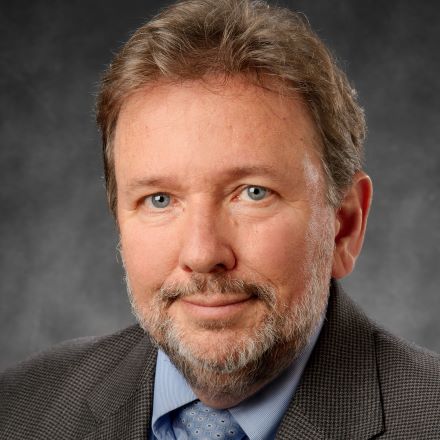-
Focus Areas
Capacity Building & Leadership, Communicable Disease Prevention, Global Health -
Issues
Health in All Policies, Workforce Development -
Expertise
Evaluation, Public Policy Development -
Strategic Initiatives
COVID-19
Biography
Mike Sage, MPH is the Project Director for the Regional Public Health Emergency Preparedness and Response: Region 9 Workplan. Mike serves as the primary point of contact for the U.S. Centers for Disease Control and Prevention (CDC) on the strategic impact of the project and is responsible for maintaining technical success while also ensuring compliance with funder requirements. Previously, Mike was Program Director for the PHI/CDC Global Health Fellowship Program. Mike currently holds an appointment as Guest Researcher at the Center for Disease Control and Prevention (CDC) and serves as a senior consultant to the Public Health Institute (PHI). The American Thoracic Society also appointed Mike as the Executive Director of Stop TB USA, the US Partner to the Global Stop TB Partnership. Prior to retirement from CDC he served as Senior Advisor for Global Environmental Health, National Center for Environmental Health (NCEH), with responsibilities that included managing CDC efforts to support clean and safe Cookstoves programs. He has extensive experience in public health policy/program development, implementation, and evaluation. He has served in numerous leadership positions at CDC including; Director, Public Health Portfolio Management Program, Office of the Director, CDC; Director of Global Business Services; Deputy Director of the Office of Terrorism Preparedness and Emergency Response; and Associate Director for Policy, Evaluation, and Planning, NCEH.
Work With Us
You change the world. We do the rest. Explore fiscal sponsorship at PHI.
Support Us
Together, we can accelerate our response to public health’s most critical issues.
Find Employment
Begin your career at the Public Health Institute.




